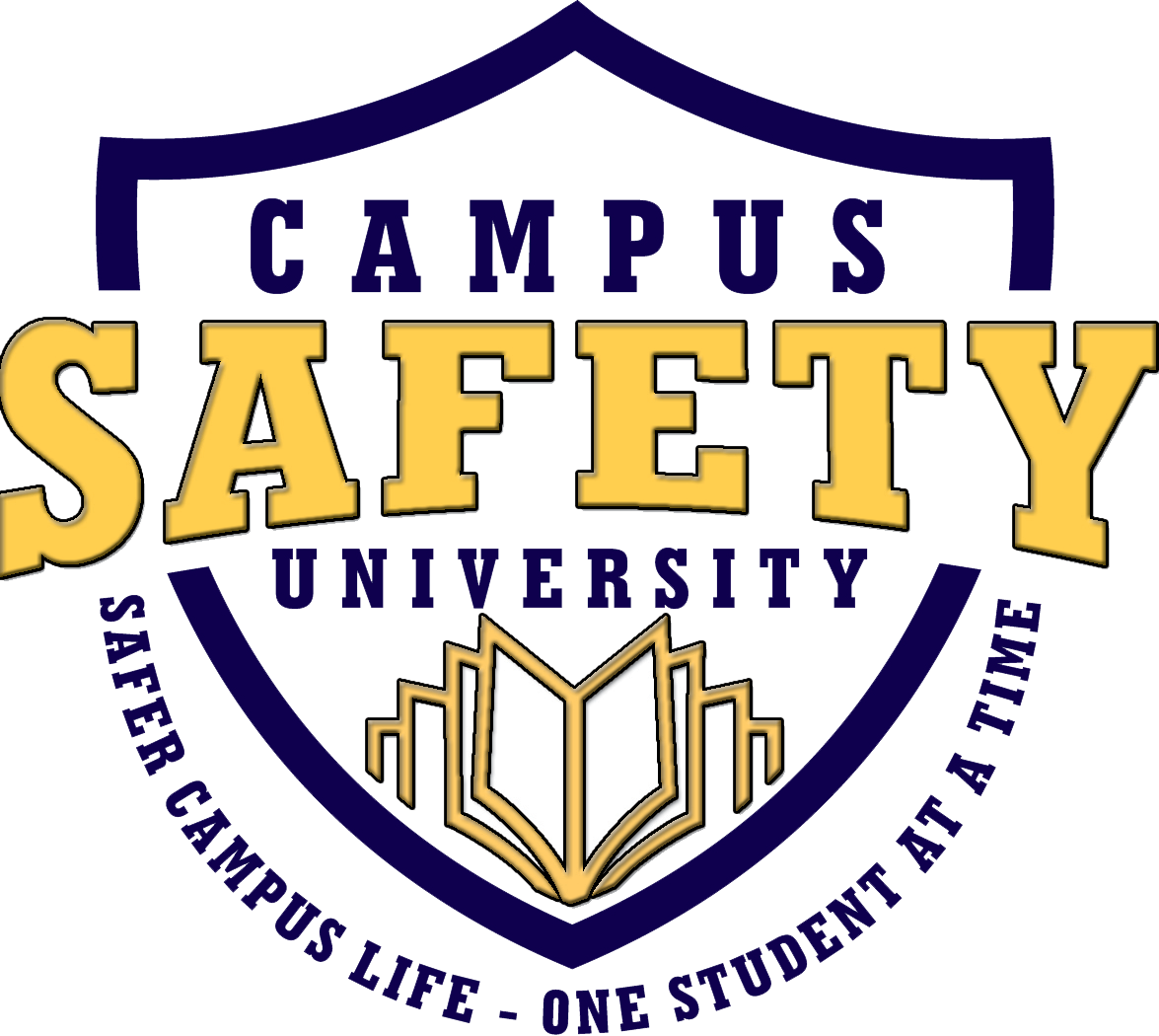CSU Blog
What Shouldn’t You Post On Social Media?
- January 10, 2018
- Posted by: Pete
- Category: General social media

What Shouldn’t You Post On Social Media?
Anything that is posted online or on social media exists forever; once you hit [post] or [send] or [tweet] you can’t take it back. This can ruin friendships and lives when used to bully or make fun of others. This can also cause problems if you post negative things about your school or teachers.
Refrain from posting personally identifiable information on social media; it may be used to steal your identity.
-
This includes things such as:
-
your birthday should never be revealed online or on social media sites
-
current or former residential addresses
-
current or former school(s) you are attending or have attended
-
days, times and locations of where you are or where you are going (we are going to Florida next week on vacation)
-
financial information (my dad just got a big promotion at XYZ Bank)
-
never post anything derogatory, or that makes someone feel inferior or an outcast related to their race, age, weight, looks, sexual orientation, religion, etc. This is essentially cyberbullying.
-
never spread rumors about your friends, teachers, school, parents, etc.; it can contibute to changes in their demeanor and mental health and may cause them to become depressed, withdrawn or even angry. This may cause them to think about ways to exact revenge.
-
revealing photos or videos of yourself or others
-
never record someone without their knowledge either audio or video. If the content contains embarassing or damaging information, the fallout could be massive
-
explicit texts, Tweets, Facebook posts, Snapchat or Instagram messages
-
any type of hate-related information that is sent
-
Periodically search for yourself to make sure that nothing negative has been posted. If so, follow the procedures set forth by that site in an attempt to have them removed. See links below.
-
Email threats exist from phishing scams and hacked, bogus email messages from people we know. They can cause us to be tricked into clicking on links where the sole purpose is to solicit your personal, financial or account information for their illegitimate gains.
Phishing scams have become highly sophisticated and very profitable for those perpetrating the scams. They use bulk email technology to create emails that are official looking and send them out to thousands of people. They hope that people will be fooled into acting on the emails that they receive. This is a social engineering attack that gets people to do something they should not.
Here are some helpful links regarding social media safety resources:
-
10 step report on how to avoid Facebook Cyber-Bullying: http://www.wikihow.com/Stop-Bullying-on-Facebook
-
Facebook Bullying Resource for Parents, Teens and Educators: https:/ www.facebook.com/safety/bullying
-
Reporting Abuse on Facebook: https://www.facebook.com/help/1417189725200547
-
Twitter On-line Abuse Link: https://support.twitter.com/articles/15794#
-
Instagram On-line Abuse Link: https://help.instagram.com/527320407282978
-
Adult Bullying Reference: https://nobullying.com/adult-bullying/
